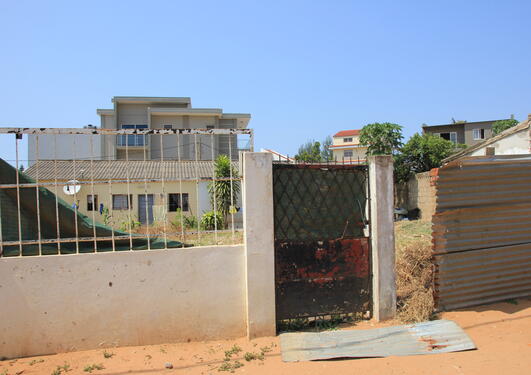Citizenship and economic enclaves
Can security practices of economic enclaves transform citizen-subject relations?

Main content
How can security practices of economic enclaves that span the spectrum of coercive and inclusive methods of security (both public and private), shape and be shaped by the types of citizen-subject relations on which they are based?
This is a central concern in enclaving researcher Jason Sumich's recently published article 'No Smoke withouth Fire': Citizenship and Securing Economic Enclaves in Mozambique, which he co-authored with Lars Buur.
Based on ethnography from Mozambique, the authors explore the complex interrelationship between economic enclaves, their associated security practices and the formation of national citizens.
They do so by focusing on the sugar sector as an economic enclave where extractive investments are secured by mixtures of private and public security arrangements. The focus on both private and public security provisions means that Buur and Sumich move beyond the nation state as the sole creator of the disciplinary project of producing national subjects.
They argue that "the study of complex security arrangements reveals insighs into how national citizens are produced and disciplined through the mobilization of public-private security".
We recommend that you read the entire article (Open Access) for a better understanding of the relations between citizenship and economic enclaves!
